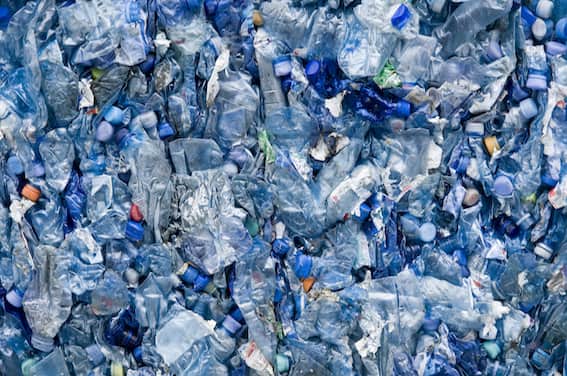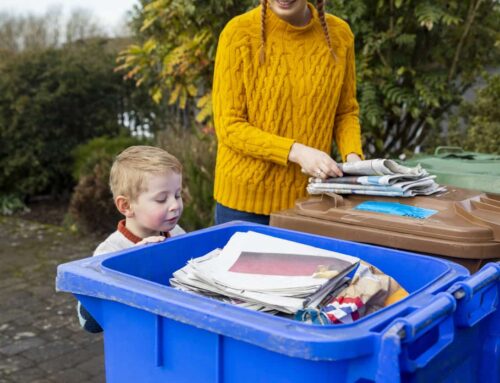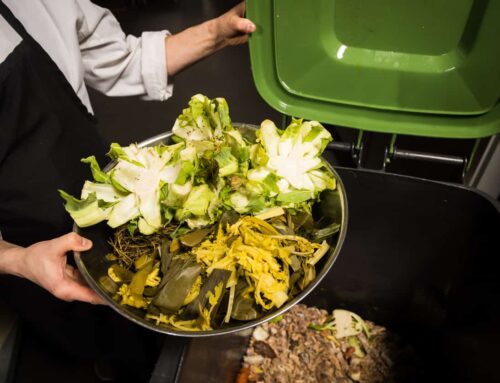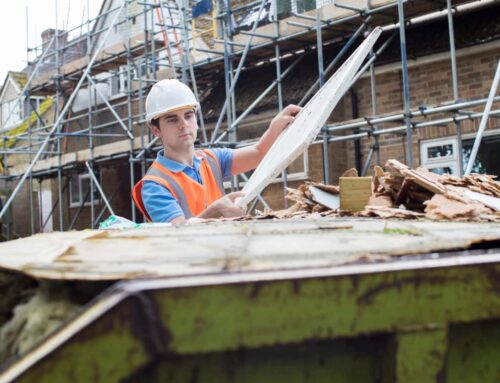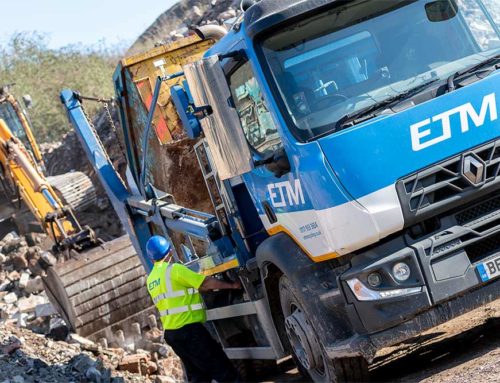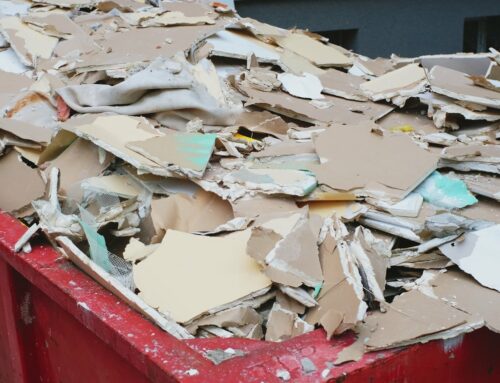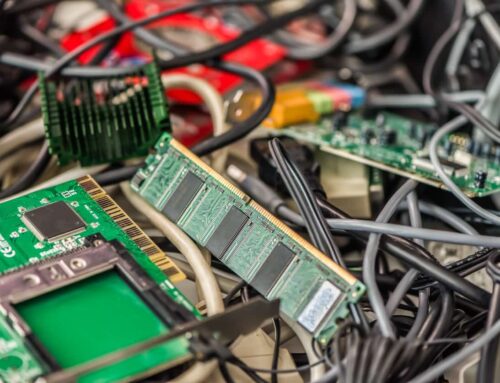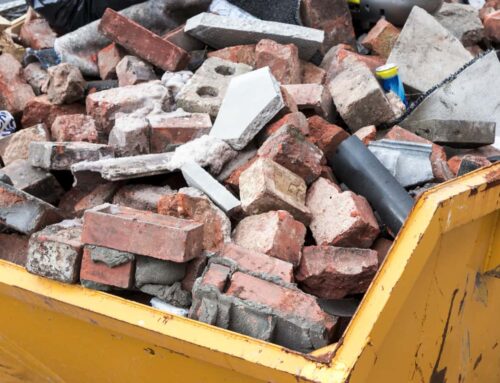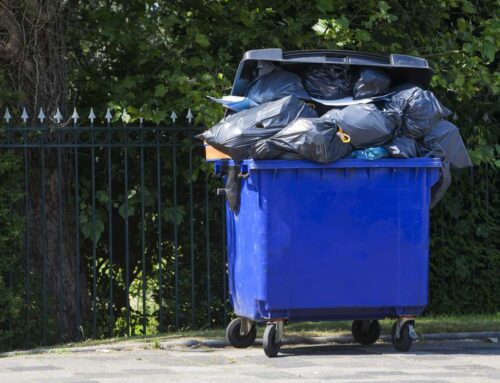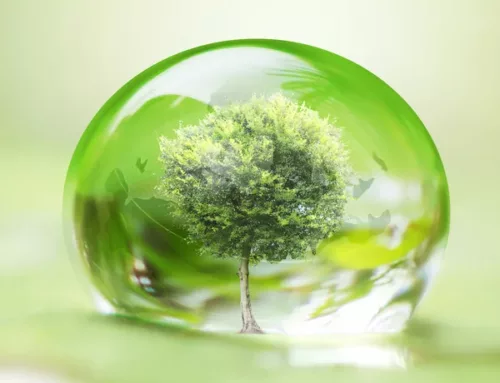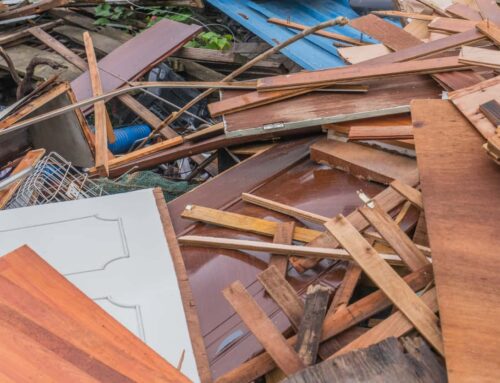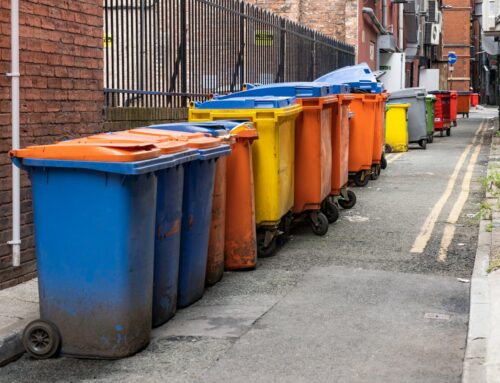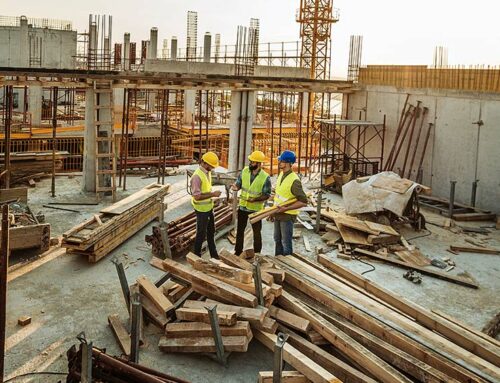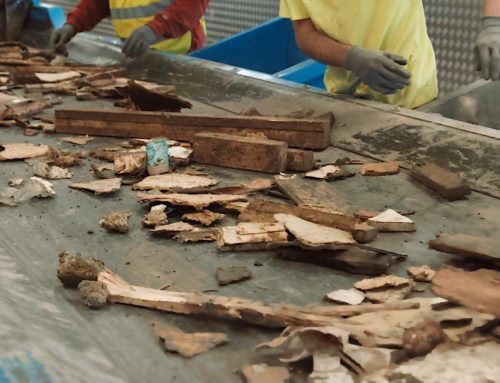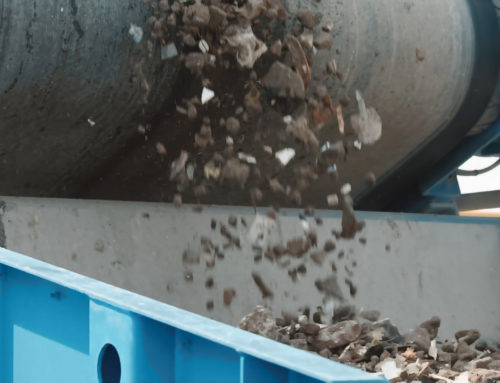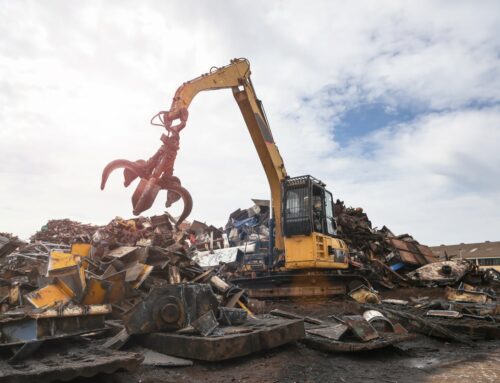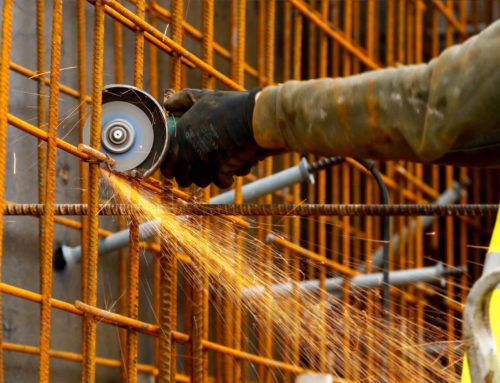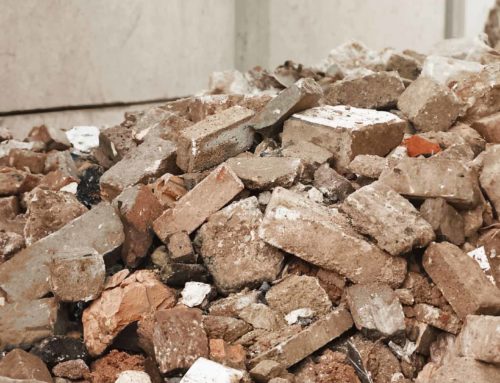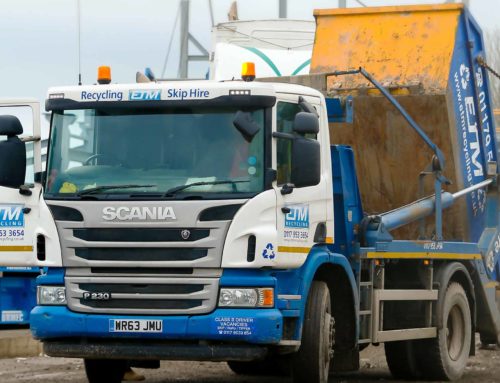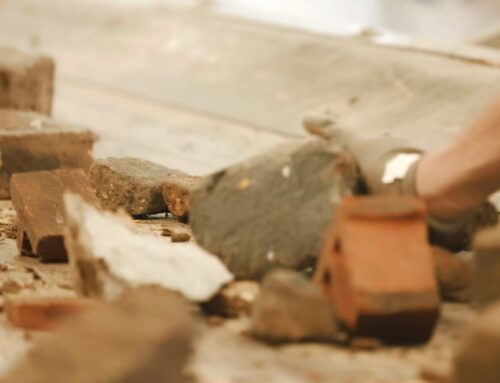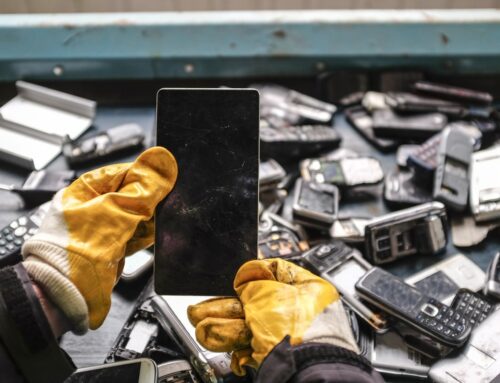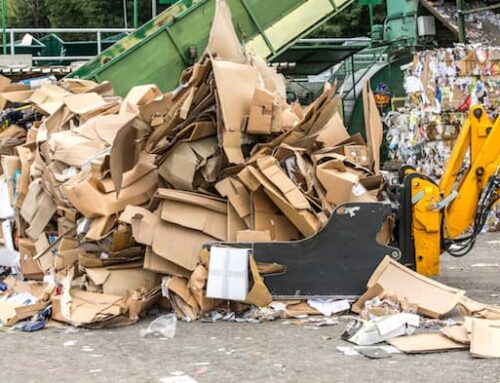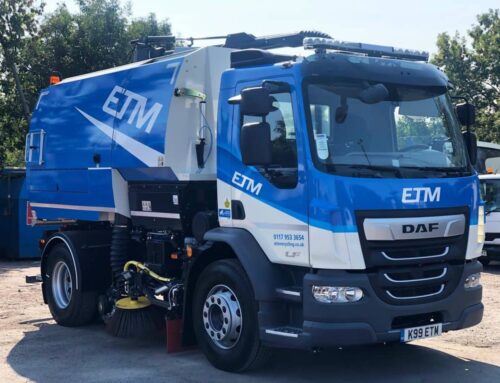The creation of waste is inevitable for every person and business across all sectors, including residential, commercial, industrial, construction, agriculture and more. The number one dilemma waste presents is how to dispose of it, hence why effective waste disposal is so critical. Disposing of waste produced in the UK is a huge logistical task, comprising of local authorities and municipal collections as well as private companies and outsourced management plans.
As accredited waste management providers with our own advanced facilities, here at ETM Recycling we understand the issues waste can create, as well as the significance of effective waste disposal. We value recycling and go to great lengths to ensure waste is not simply disposed of, but repurposed and processed for further value.
Find out more about our advanced Waste Transfer Centre.
Importance of Effective Waste Disposal
It’s no secret that landfill is bad for the environment, and that the UK is running out of landfill space. For these reasons, as well as mounting pressure to recycle waste, waste disposal methods are constantly re-evaluated. Not only does the environment benefit from effective waste disposal, but also the health and wellbeing of people.
Effective waste management comes in many forms according to the scale or scenario of waste creation; i.e. effective waste disposal can be as minimal as individuals putting waste in a bin and not littering. On a larger scale, effective waste disposal can be huge waste producers ensuring their waste is disposed of in an ethical or sustainable way.
Waste disposal has become such a contentious issue that now there are laws for how waste should be dealt with, the most renowned being The Environmental Protection Act 1990.
See more: Waste Management Regulations – The Importance of Regulation in the Industry
Benefits of Effective Waste Disposal
The main benefits of effective waste disposal include:
- Environmental protection – from pollution or contamination.
- Money generation – companies may buy recyclable materials due to their value. Additionally, the waste management industry creates employment opportunities.
- Safety – irresponsibly disposed of waste can harm people.
- Exploring alternatives – where innovative solutions to waste disposal have been found, great strides have been made i.e. composting.
- Business philosophy – as consumers become more environmentally conscious, it is important for businesses to promote their ‘green’ strategies and environmental promise.
Effective Waste Disposal Methods
Over the years of waste created by humans, waste disposal methods have changed, for example, centuries ago waste would be rudimentarily buried as the population was small and waste was highly biodegradable. Landfill is similar to this antiqued disposal method. However, now this is not an option; modern waste is often not easily biodegradable, the amount is too large, and ecosystems get damaged.
Methods to overcome the above issues include reuse and recycling which help to mitigate the harmful effects of waste by reducing the amount that ends up in landfill. Recycling conserves natural resources and reduces energy demands (for making virgin materials). Many materials can be recycled, which contributes to it being a popular effective waste disposal method, including plastic and oil, and some can be recycled infinitely i.e. glass or paper (if uncontaminated).
About ETM’s recycling services.
See more: Plastic Waste Recycling – The Ultimate Guide to Plastic Recycling
If waste is not recycled, other waste disposal methods include incineration or landfill.
The Waste Hierarchy
The Waste Hierarchy is a crucial model that waste processers must use which outlines the alternative solutions to landfill for waste management and prioritises the methods according to their environmental benefit.
Waste prevention is at the top of the triangle, highlighting that before any waste is even created, intervention is needed. This shows the need for an overall reduction in the amount of waste produced where possible. This can include reducing the amount of packaging on products, for example.
The next stage is reuse, whereby waste material is reused, such as a plastic water bottle. A similar concept is upcycling, where materials are given a new but different purpose, such as a tyre used for a swing in a playground. ETM even provide a range of upcycled products including topsoil and aggregates. Following reuse is recycle, where waste is transformed into a new material or product.
Incineration is near the bottom of the triangle as it is not an overly favoured disposal method. Unless energy is harvested from the burning of waste, it is unpopular as toxic gases can be released into the atmosphere.
Landfill is the final and least desirable waste disposal method.
Find out more about The Waste Hierarchy.
Get Started with ETM Recycling
Based in the South West, we provide comprehensive waste management to people and businesses in and around Bristol looking to improve on their waste disposal. Using our own advanced facilities and vehicles, we tailor our services to our customers, finding unique solutions to individual waste disposal needs. We also promote our zero-waste-to-landfill initiative, in which we aim to recycle waste wherever we can and reduce the amount of waste that goes to landfill.
In need of expert waste management? Contact us today!
